|
2016 was the year of the undisguised rage. Of the village idiot.
So it seemed somehow fitting, when, in July, so many of us took to the streets to become vigilanties. Pokemon Go came and got people off their couches. The idea was genius. Use digital mapping to create a kind of treasure hunt to capture Pokemon in and around people's local areas. Get people up and active and have them use their smartphones for a truly interactive experience. Pokemon Go forced people to interact with one another. It made people socialise in a way that social networks have failed to. It brought about world peace... wait, that's not right. But there was a brief moment this year, when all it took for people to take to the streets was something digital. Nothing political, no outcries, just good old fashioned gaming fun. And it seemed for a few weeks at least that the potential of technology could be used for something good. But then came the other side of human nature. You know, the one when people started using the game to lure people into danger. To rob them. Or those unfortunate, isolated instances when Pokemon just happened to be hiding in the vicinity of cadavers. Man, those little Nintendo beasts did a better job of crime solving than Angela Lansbury in Murder, She Wrote. And eventually, with it, the wane in popularity. But only after Japan had reminded the world how superior it was in respect to every other country in the world.  I lived in Rome for four years. Right now I'm on a who knows when it will end secondment down in the south of Italy. Your guess is as good as mine. There's a lot I love about Rome, a lot I hate about Rome and a lot of things that just make me marvel when I'm there. One of those things is that Rome has a birthday. Yep, on April 21 each year, billboards get filled with birthday messages for the city. At last count, the city was officially 2,769 years old. Begs the question, what do you get someone that's had everything? How about a female mayor. One of the things the city has never had. This year, Romans elected Virginia Raggi mayor. First time in the city's history it's ever happened, and look, they even put a ribbon on her to celebrate. When she was elected, the city was hopeful. She came to power on the back of the populist Cinque Stelle political party, who promised to get Rome back into ship shape condition. No more mafia Capitale. No more blundering. No more waste and corruption. Flash forward six months and ViGi is fighting for political life. She's had three of her henchmen, I mean, appointed colleagues, stripped of their roles amidst accusations of corruption. The Cinque Stelle leader, Beppe Grillo (a former comedian) has threatened to strip ViGi of her association with the group and in the last week, has severely curtailed her autonomy. He has a say in her every move right now. Begs another question. Did Romans vote for ViGi or did they vote for BepG? Either way, Romans are not happy. The city council has adopted a lot of auesterity measures that have become very unpopular with Romans. Their cuts have been significant and important services like women's shelters are now at risk. They've also systematically been destroying Rome's live music scene, but I'll post more on that separately. So, yes, Rome got its first female mayor. Hurrah. But not an autonomous one, and not one that is likely to make it much longer in the city's cut throat politics. For a show set like hundreds of years ago, Game of Thrones is certainly on the zeitgeist.
In May, conspiracy theorists had a field day when Jon Snow, who knows nothing, rose from the dead. Since that moment of gratuitous near nudity, Jon Snow has been power mongering and getting all the plaudits and attention. Unqualified? Not that bright? Great, let's get behind him. Meanwhile, his infinitely smarter half sister, Sansa, has come across as a scheming, nasty woman in the making as she attempts to break through a glass ceiling all her own. She's got an image problem though. She's a (young) woman, she's been punished for the wrong doings of the men all around her, and any time she has fought back she's been seen as conniving, manipulative and desperate. Sound familiar? 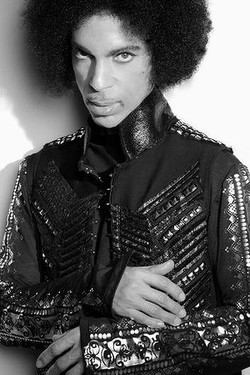 IF you still have any doubts that 2016 has had it in for us, can I just remind you that both Christmas day and New Year's Day for 2017 will both fall on a Sunday this year. Nasty. If it wasn't bad enough that we lost David Bowie in January, 2016 went all ratchet and took the other musical genius of our time, Prince in March to seal the deal. They, along with the inner gay guy Madonna used to say was trapped inside her, were the key inspirations for my book. So I'm just waiting for Madge to renounce her inner homo before the end of December so that 2016 neatly shatters all my icons. Prince's death was an interesting phenomenon. We remembered him almost exclusively as eighties Prince or early nineties Prince, but not much further on than that. It's interesting how we bypassed over a decade of his work in our Itunes driven mourning of him. But I get it. Hell, I even pulled out the old Batdance track at one point and wondered if I was getting too close to sacrilege. Between my tears. RIP. 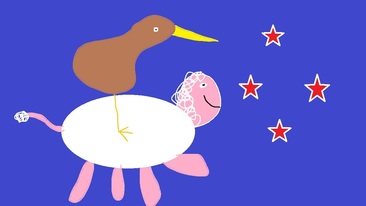 As an Aussie, it pains me to say it. But New Zealand is superior to Australia as a country. Rugby, politics, indigenous relations, same sex marriage, refugees, making trilogies about talking trees and quests for rings... New Zealand is just better than Australia at all of those things. Thank god the Kiwi accent is awful, otherwise Aussies would just have the worst inferiority complex to their tiny neighbour. When people ask me about Australia, they have this idea that Australia is a modern, progressive country. I don't correct them on it. But only because the truth is just embarrassing. Australia is terribly backward about a lot of stuff. And lately people here in Europe are wisening up. They're obsessed with Master Chef Australia (positive reaction) and Border Patrol (negative reaction), but all I can say is thank god they don't get The Block here. They pin me down and ask me how I can defend Australia's terrible policy when it comes to migrants (I can't). They ask me about that loopy redhead that got re-elected to the senate again on a platform of Islamaphobia (I just point to how strong the far right is here in Europe). They ask me why Aboriginal Australia is seen so differently by white Australia when white New Zealand has made such strides in its relationship with the Maoris (this is where I run out of general leftie responses). But when they speak about New Zealand (because, you know, Australia/New Zealand same same) they never have anything negative to say. And they've got a point. New Zealand is the progressive, modern country of the Asia Pacific region. They have their own Silicon Valley. And even though their rugby team decimates Italy on a regular basis, Italians only have awe for the Kiwis. Last year, to try and get a one up on Australia, the New Zealand government decided it was time to change their flag. Their flag, I should remind you, is almost identical to Australia's and I'm sure they were tired of being mistaken for their bigger, more famous sister country. In Australia, if we wanted to change the flag, we'd shell out millions and millions of dollars to a slew of marketing agencies, designers from abroad or the art world's darling from five years ago. But our tiny neighbour is more progressive than that. They simply opened up a new flag design to the people. The results were breathtaking. This wasn't a Biennale year in Venice, but even if it had been, the NZ flag contest would've put the art world in the shade because it was priceless. Designers world wide would've abandoned Illustrator and gone back to Paint, because that's where the future of design lies (in N.Z at least). New Zealanders wanted to come to the flag party. So much so, that over 10,000 entries were received in the open call. The majority of them were technologically savvy and avant garde. For a tiny minute at least, it looked as if New Zealand was going to turn the horrors of 2016 around all on its own. It was going to make the world a better place, and shake up the political order with its new flag. But, because 2016 was born from a butt hole, there was no justice in the end.
Kiwis went to the polls with a much reduced series of choices. Boring, conventional, practical choices. And in the end, after millions of dollars, all that excitement came to nought. Because the Kiwis decided to stick with what they had. The original, Australian imitation flag. 2016 sucks. 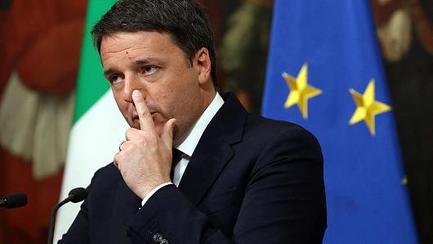 I've been told it's snowing in Hawaii. Equally improbable is the fact that I woke up this morning and found that I correctly predicted the results of Italy's constitutional referendum. That's like the first time this year I've gone to bed knowing what the political result was going to be the next day. You're going to be reading a lot of coverage about the referendum over the coming days. Primarily because Italy's prime minister Matteo Renzi had staked his job on the result. Poor little lamb just resigned. Let me just make a couple of points for you to keep in mind as you read the analysis. When the referendum was announced, the goal was to simplify the parliamentary process. I think it's safe to say that Italy isn't famous for progressive, transparent government. Law makers have a tough time of it here and laws constantly get sent back from the senate to the parliament for rewording and rewriting, making the process infiinitely longer. Because this country is red tape central, Renzi figured the parliament needed more power at the Senate's expense. This would effectively speed up the law making process [but give the PM more say and more power to push through his agenda]. Renzi started his term with a huge, popular mandate. The constitutional reform he floated was approved by parliament, so he was, as always, bullishly confident that the public would approve of it too via the referendum. So confident, that he declared he'd quit if the referendum didn't pass. Problem was that the political climate had changed substantially by the time the vote was taken to the public. In some corners, Renzi was increasingly being seen as a mini Berlusconi: all confidence and huff when Italy was yet to show much in the way of improvement under his governing. The opposition [many parts of whom originally voted in favour of the reforms] changed their tune and began to vocally signal their opposition to reform when they sensed the public's mood. They correctly saw the referendum as being an opportunity to oust Renzi - thanks to his promise to quit. Aside from Renzi's pointless act of personalizing the referendum which ultimately doomed the campaign, the other issue was that Italians didn't have a clear idea what they were voting for or against. The suggested reforms were not clear- they were incredibly complex questions for many people and even friends of mine who voted walked away feeling unsure what their vote meant. But the takeaway was that many felt that in voting for reform, they would be stripping themselves of their power to vote in the electoral process. By stripping the senate of its power, they would effectively be removing part of their voice and giving it to Renzi or whichever party was in government. And don't be fooled. The EU had nothing to do with these elections. It was not considered a vote for or against the European Union, despite what some in the press are saying. This was a vote for or against Renzi, and a vote for or against changes to the parliamentary process, which has revealed how little most Italians know about the political process.  It's World Aids Day today. A day to reflect on how modern life has so thoroughly changed the way many of us interact. How such a cruel and infatiguable disease has been responsible for so much heartbreak and the loss of life. A day to remind us to be ever vigilant and to not take for granted the immense toll four letters have brought with them. I'm catching up on things. I finally got around to watching Behind The Candelabra this week. Dubbed in Italian of course (urgh). I'm told Liberace wasn't really well known in this neck of the woods, but the movie's message went beyond being a simple, enjoyable biopic. Liberace's AIDS related death in the mid 1980s was realistically, if briefly portrayed in the film. But it was enough to bring back memories of what it was like growing up in the eighties in the shadow of HIV/AIDS and the fear and pandemonium it sparked. I don't know what it was like for you growing up where you did, but I have two really clear memories about the AIDS epidemic from back then. Beyond the tragedy of it all, I have really vivid memories about how awful we were in Australia. How the media in particular played such a huge role in a scare campaign that was often cruel and lacking in compassion. The most vivid of my memories was based on an infamous public service announcement that aired regularly. It's referred to as the Grim Reaper ad, and even now, it's still chilling. It was an ad that really represented how little we knew and how much we feared. The breakthroughs that have made HIV more manageable today weren't existent back then. Being school aged I remember people being terrified of bodily contact, of how ideas like using a restroom was suddenly dangerous. Of how the stigma of the disease took shape and took hold. Of how prejudice and witch hunts were the norm in Australia. If anybody embodied the tragedy of the AIDS epidemic for Australians, it was little Eve Van Grafhorst. Born prematurely in 1982, she'd contracted the virus from one of a dozen or so blood transfusions as a newborn. Her condition quickly led to Eve and her family being on the receiving end of all kinds of uninformed prejudice and harrassment in Australia, and to her being expelled from her kindergarten she attended for fear that she would infect the other children. A witch hunt, faithfully covered by the Australian press, ensued and life in Australia became unbearable for the family. The family was welcomed with open arms by the town of Hastings in New Zealand where they were forced to start a new life, where Eve would go on to become the public, human face of the disease. In New Zealand, her presence was a reminder of the compassion of the country's people and of the Australian community's intolerance. Despite her young age, Eve played a vital part in educating the public in Australia and New Zealand about AIDS and AIDS sufferers. There's a lovely commemoration over at Stuff reminding us what Eve taught us and I've included a video below that commemorated her life and death. There have been medical advances and we've managed to shake off some of the stigma attached to HIV and AIDS. But we need to do more, to be constantly vigilant and to ensure that the younger generations rid themselves of the false sense of security that seems to be infiltrating the community again. Get tested. Get informed and do your part in stamping out ignorance. |
Dave
|
|
|
Dave Di Vito is a writer, teacher and former curator.He's also the author of the Vinyl Tiger series and Replace The Sky.
For information about upcoming writing projects subscribe to the mailing list. Dave hates SPAM so he won't trouble you with any of his own. He promises. |
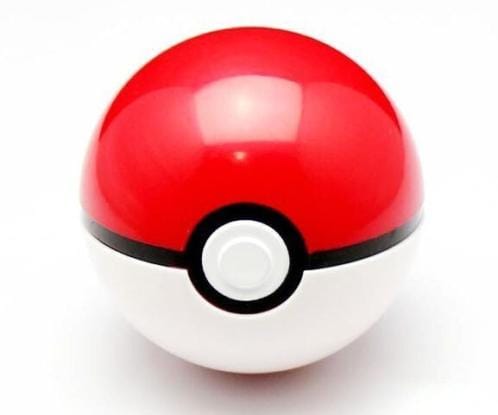

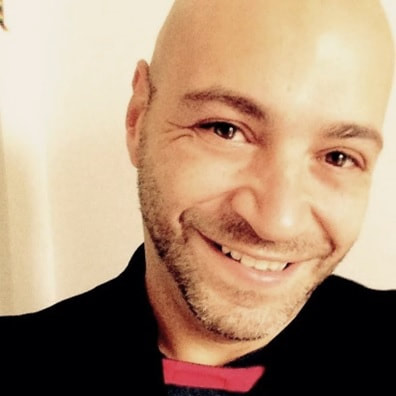
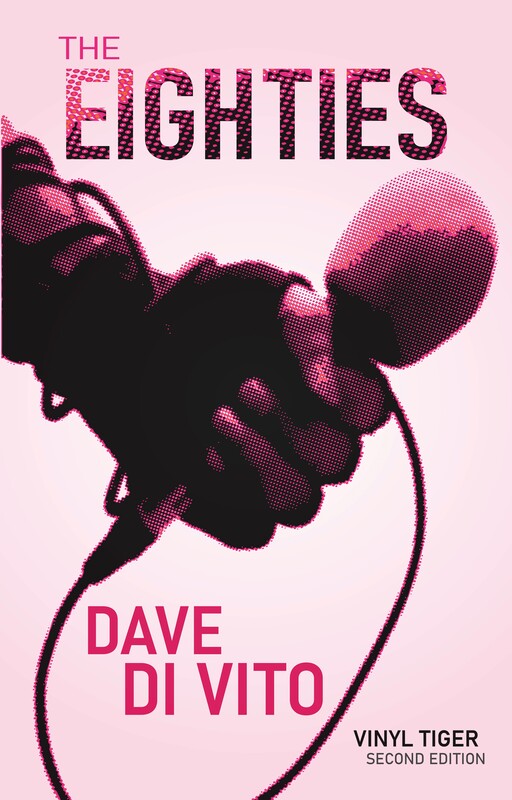
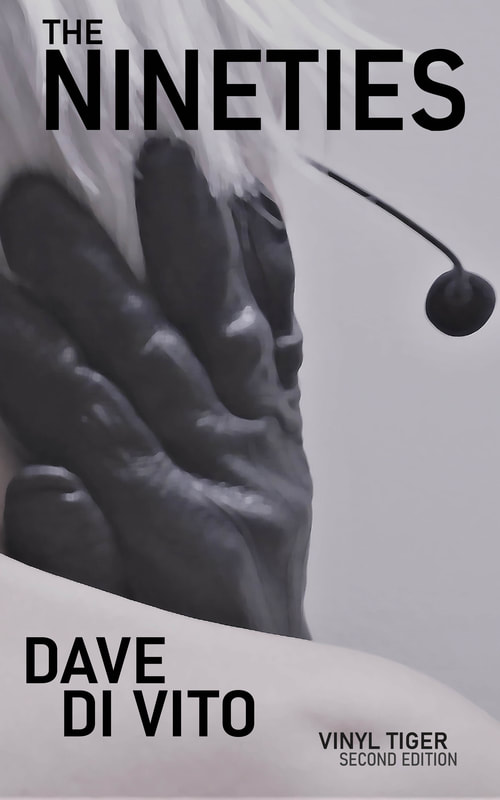
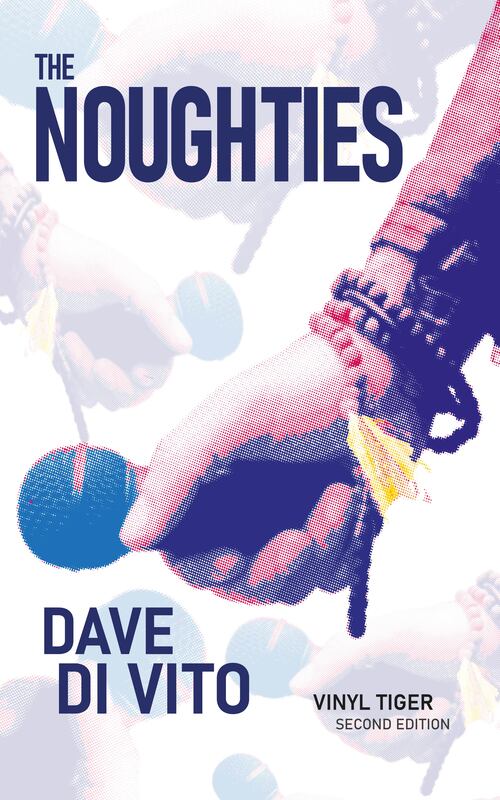
 RSS Feed
RSS Feed